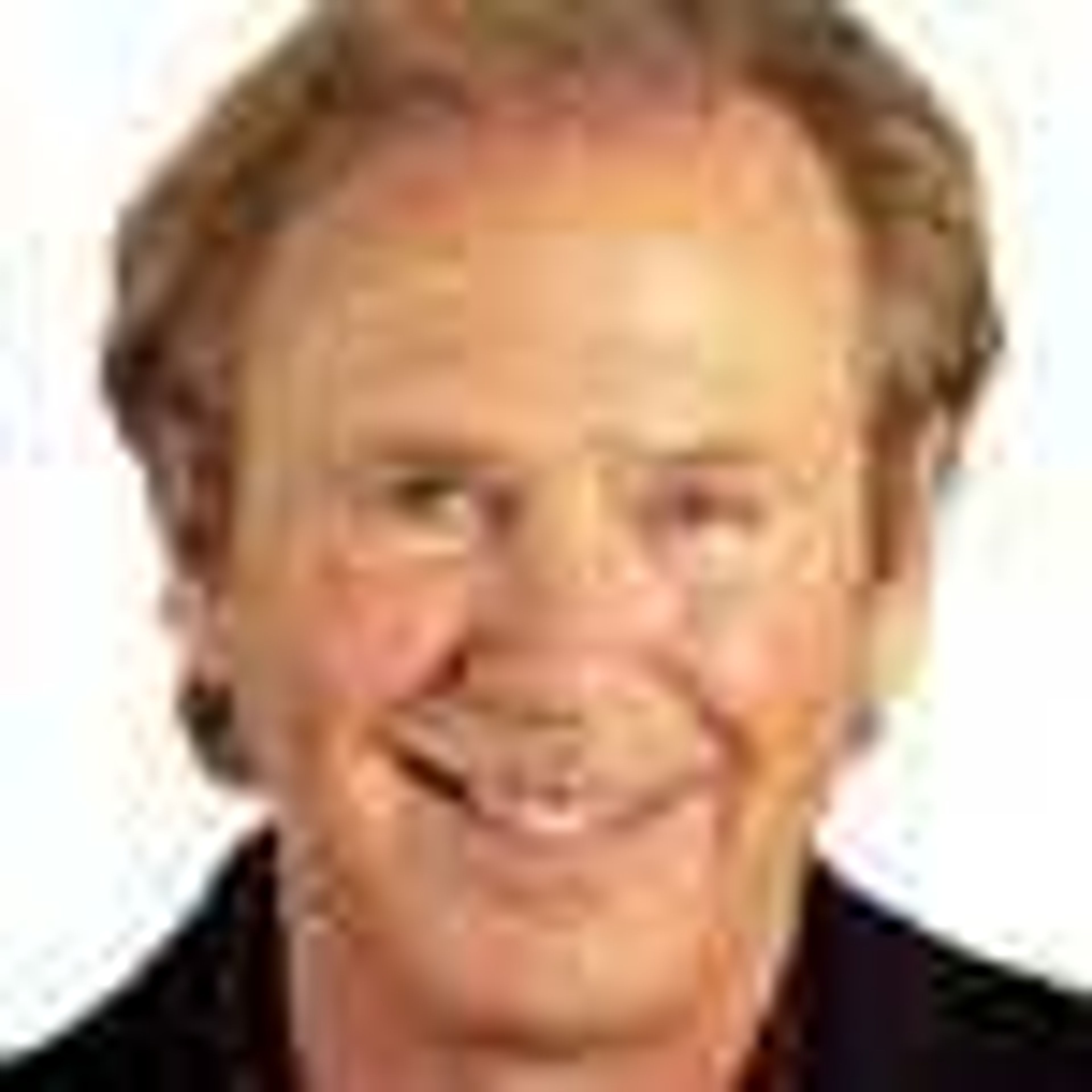All of this nonsense about 50 being the new 30, 70 being the new 50. It all sounds like a boomer-inspired trick to confuse us about whether or not we are actually getting old.
By the way, when exactly are we old?
From my 87-year-old mother's perspective, I am just a whippersnapper (whatever that is). And when my best pal looks at me, I think he sees something different from my 16-year-old nephew who is quite convinced that all old people (like me and his parents) are ugly. When my dog figures out how old I am he sees a 420-year-old dog.
One big gap in our human education is to know what it is like to be older. Not only are we living in a culture that increasingly separates us from our elders, but we can never really know what it is like, as we have never experienced it. Put this together with a media-driven youth culture and you have the disturbing trend of ageism.
"Ageism," like its intolerant cousins -- sexism, racism, homophobia -- is based on fear, which is based on ignorance. According to longevity guru John Robbins, "Ageism represents a prejudice against a group that all people will inevitably join if they live long enough. As a result, an ideology that equates aging with deterioration steals hope from everyone, and from every stage of our lives."
In his book "Healthy at 100," Robbins describes several cultures in the world where the population live unusually long and healthy lives. In those places -- Abkhazia, Georgia; Vilcabamba, Ecuador; Hunza, Pakistan -- these people don't just share a love of places with strange names and diets of nuts and whole grains, they share a celebration of life and all of its passages, including aging.
This can be contrasted with our Western culture which is too often known for turning its back on the aged. Robbins challenges our culture that has "lost touch with what aging really is: a transformational process full of wonder and beauty as any other stage of the human journey."
This past Thanksgiving weekend, I had my own tutorial in these matters as two of my friends celebrated decade-turning birthdays.
A special gal-pal was surprised by her husband with a 60th birthday bash at the Bellagio in Las Vegas. She graciously accepted toasts to her mothering skills as well as her philanthropy with a spectacularly hoisted bosom and her trademark vivacious smile. Much to the delight of her friends and the amused horror of her sons, she promised many more sexual favors of a certain kind to her husband as gratitude for his generosity.
Two days earlier, down the road in Palm Springs, my friend Bob Dillingham celebrated his 80th birthday at the Mission Hills Country Club, surrounded by a lifetime's accumulation of family and friends. And like the Las Vegas gala, this one had the warm feeling of celebrating a specific life as well as a collective passage.
Is 80 really the new 60? It strikes me that these are really different moments in our journey. At 60 -- at least as it is realized by us boomers -- it is still a rock 'n' roll version of "whistling past the graveyard." At 80, there is an inevitable facing into that graveyard and, if we are lucky to be like Bob, doing so with a little poetry and philosophy.
Here is the poem this man, born in 1927 in Aberdeen, S.D., shared with us. He called it "Am I old?"
"I was born a Robert, but now am Bob/ My wife calls me Dilly; does that sound silly?/ God was a He. And now also a She/ The home run was king in '27; still revered as a key to heaven/ Wars are still waged; but never won/ Nothing new under the sun!/ Yet the sun still rises, the sky is blue, pigeons continue to bill and coo/ New days of splendor greet my eyes/ Each day unique in its likeness. A hug and a kiss express my bliss/ The world I entered surrounds me today/ What else can I conclude except to say: I am not old. I am not old: I am 80!"
Dr. Michael O.L. Seabaugh, a Cape Girardeau native, is a clinical psychologist who lives in Santa Barbara, Calif. Contact him at mseabaugh@semissourian.com For more on the topics covered in Healthspan, visit his Web site: www.HealthspanWeb.com.
Connect with the Southeast Missourian Newsroom:
For corrections to this story or other insights for the editor, click here. To submit a letter to the editor, click here. To learn about the Southeast Missourian’s AI Policy, click here.









